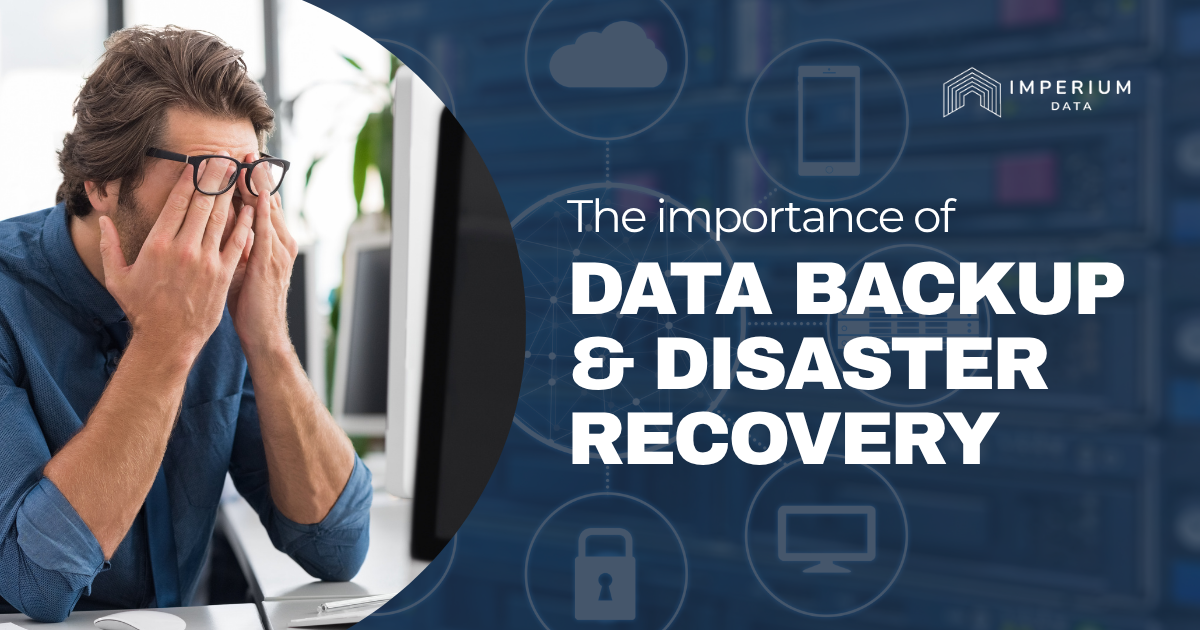Remember those loud, ugly servers we used to see all the time tucked away in the corner of an office? There is a reason we don’t see them often anymore, but it is not because the storage need has gone away. The reason is “the cloud.” Cloud Storage has allowed us to move from inefficient equipment; few know how to use plug-and-play storage capabilities.
What is Cloud Storage Anyway?
Cloud Storage is a service where data is transferred to and stored in remote storage locations. These locations maintain, manage, and back up the data while also making it available to a vast global audience. This storage location obtains the data through authorized access through the internet. The receiving party is a cloud computing provider (often a third party) who manages and operates data storage as a service. When hiring a third party to manage this data, consumers can avoid having to purchase and manage their data storage infrastructure. Avoided purchases and maintenance include server equipment, racking, equipment, system updating, system maintenance, etc.
How Does Cloud Storage Work?
Cloud storage is purchased from a third-party provider who owns as well as operates the data storage and management capacities. The third party physically owns the infrastructure and remote, secure server locations. Many of these services are now housed in ultra-secure cloud storage areas called data centers – sometimes millions of square feet of servers. Due to the immense value of the information stored to its customers and the occasional requirement for maintenance or repair, the same information is often saved on multiple machines in multiple locations on or off-site, creating a redundant system of stored information be sure the files are not lost. In the chance of a power supply failure or a maintenance issue, the client will be able to access the files.
All of the data is delivered over the Internet. The server or servers either send the data back to the client or allows the client to access and manipulate the files on the server itself.
Many providers provide services with varying pricing or structures, although most adhere to a pay-as-you-go models.
Why go with Cloud Storage?
1. Reduced Maintenance
by not owning any of the physical equipment, your maintenance cost and time are reduced to $ 0.00. If a fan breaks, a system update is required, or a wire fails, it is not your problem; it is the service provider’s responsibility to deal with these items. Best of all, you will never even hear about these issues.
2. Reduced Set-Up Time
Many cloud systems can be set up in only minutes online. For those that are more complicated, development teams are available consistently to customize solutions to meet your needs. Given the massive scale of the storage platforms, establishing a new client’s storage is seamless and has no delay whatsoever.
3. Cost Savings
With no requirement to purchase physical hardware, install heavy equipment, own or lease space for the equipment, as well as avoiding upkeep and updating costs, the cost is drastically lower, especially up front.
4. Flexibility
With many modern businesses changing their storage size requirements often, having a flexible ability to move up or down in storage size with a few clicks of a button is valuable.
5. Access
Access is everywhere (with internet access)—no need to rely on access to physical storage devices or having to carry them around. When a client is looking to retrieve the information, he or she accesses the as long as you have internet, you have access to your information.
6. Security
Due to the immense value and client reliance on the data stored within the servers, state-of-the-art security technology and monitoring are in place at the server locations. This security infrastructure will exceed almost any presence in an on-site office location.
7. Backup
Redundancy/file backup is critical to make sure data is safe, protected, and accessible. Durable backup infrastructure ensures data is safe and sound.
There are hundreds of different cloud storage systems. The right provider for you will depend upon your needs. Some have a specific focus, such as email storage or picture storage, while others provide a full array of services.



